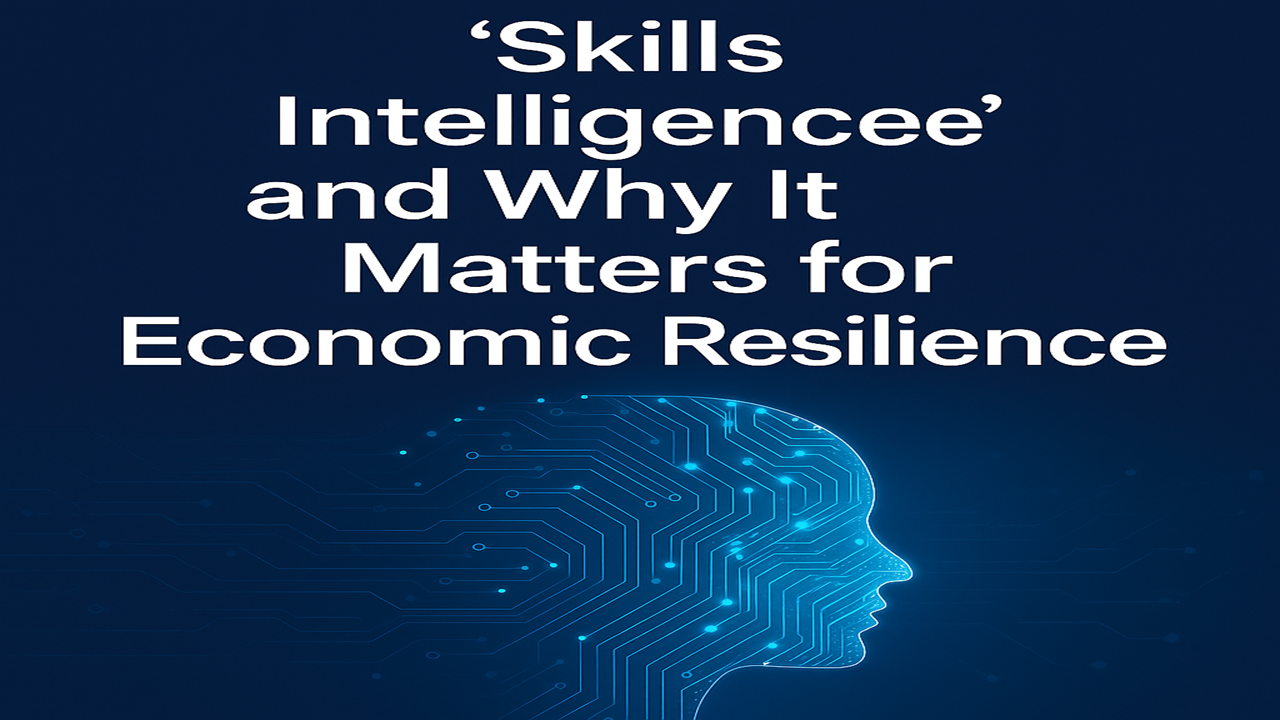What is “Skills Intelligence” and Why It Matters for Economic Resilience

As global economies face rapid transformation driven by AI, automation, and evolving workforce demands, traditional methods of managing skills are proving inadequate. What we need instead is skills intelligence—a dynamic, data-driven approach to workforce development.
1. From Static Taxonomies to Dynamic Infrastructure
Skills intelligence leverages AI and machine learning to analyze real-time workforce data, transforming static catalogs like O*NET, ESCO, and Canada’s NOC into adaptive, responsive systems. These digital frameworks continuously assess emerging skills and changing demands, providing policymakers with up-to-date insights.
2. Closing the Skills Gap Proactively
With nearly 40% of workers expected to experience major skill disruption by 2030—and 63% of companies identifying skills gaps as a top hurdle—traditional surveys fall short. Skills intelligence shifts the paradigm from diagnosing deficiencies to empowering individuals with targeted learning pathways powered by AI-driven insights.
3. Building Human-Centric Economies
Rather than treating skills as currency, the WEF argues they should be treated as critical infrastructure—like roads or broadband—that supports innovation and resilience. By investing in real-time skills systems, organizations secure immediate returns and cultivate long-term, inclusive economic growth.
4. Tools for Collaboration and Interoperability
The WEF’s Global Skills Taxonomy Adoption Toolkit 2025 offers a roadmap for governments, businesses, and educators to:
-
Standardize skill verification
-
Modernize job descriptions to highlight transferable capabilities
-
Embed real-time skill tracking across systems
This enables cross-border mobility, smarter job matching, and proactive reskilling.
5. Enhancing Workforce Mobility
AI platforms can now identify “proximity skills”—capabilities adjacent to current roles—and quickly connect individuals with training opportunities, improving both engagement and employability. Validated skill data—verifiable proof of what individuals can do—strengthens trust and effectiveness in workforce planning.
Final Thoughts
Skills intelligence isn’t just a buzzword—it’s a vital evolution in workforce strategy, equipping both individuals and economies to thrive amid disruption. By embracing AI-driven insights and treating skills as core infrastructure, your institute can drive resilience, inclusion, and sustained growth in Antigua and beyond.